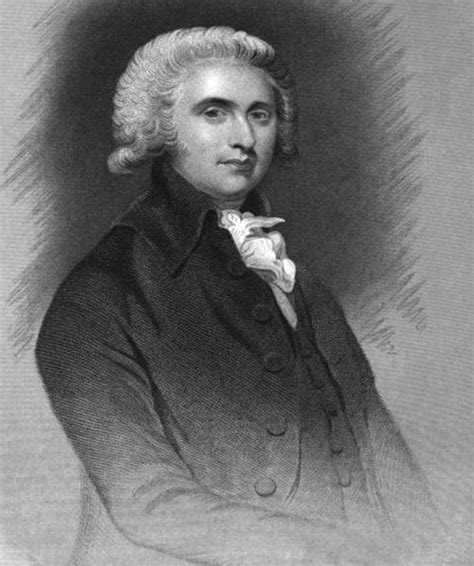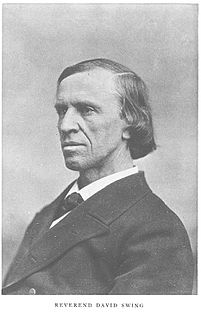A Quote by Thomas Erskine
In the New Testament, religion is grace and ethics is gratitude.
Related Quotes
It has been said that in the New Testament doctrine is grace; and ethics is gratitude; and something is wrong with any form of Christianity in which, experimentally and practically, this saying is not being verified. Those who suppose that the doctrine of God's grace tends to encourage moral laxity are simply showing that, in the most literal sense, they do not know what they are talking about. For love awakens love in return; and love, once awakened, desires to give pleasure.
The modern Gamaliel should teach ethics. Ethics is the science of human duty. Arithmetic tells man how to count his money; ethics how he should acquire it, whether by honesty or fraud. Geography is a map of the world; ethics is a beautiful map of duty. This ethics is not Christianity, it is not even religion; but it is the sister of religion, because the path of duty is in full harmony, as to quality and direction, with the path of God.
We can say that true gratitude does not give rise to the debtor's ethic because it gives rise to faith in future grace. With true gratitude there is such a delight in the worth of God's past grace, that we are driven on to experience more and more of it in the future...it is done by transforming gratitude into faith as it turns from contemplating the pleasures of past grace and starts contemplating the promises of the future.
It's not as if the New Testament writers came along and said, "The culmination of Old Testament books is more books, New Testament books." In some ways they thought instead of the culmination of Old Testament books being Christ himself, the word incarnate as the opening verses of Hebrews 1 put it. In the past God spoke to the fathers by the prophets, but in these last days he has spoken to us by his son and the son is revelation.
If we compare the present state of the New Testament text with that of any other ancient writing, we must... declare it to be marvelously correct. Such has been the care with which the New Testament has been copied - a care which has doubtless grown out of true reverence for its holy words.... The New Testament is unrivaled among ancient writings in the purity of its test as actually transmitted and kept in use.
All the world’s major religions, with their emphasis on love, compassion, patience, tolerance and forgiveness, can and do promote inner values. But the reality of the world today is that grounding ethics in religion is no longer adequate. This is why I believe the time has come to find a way of thinking about spirituality and ethics that is beyond religion.
When the New Testament speaks about the fullness of grace which we find in Christ, it does not mean only forgiveness, pardon and justification. Christ has done much more for us. He died for us, but he also lived for us. Now he has sent his own Spirit to us so that we might draw on his strength. He grew in grace, and when we draw on his power we shall likewise grow in grace.





































